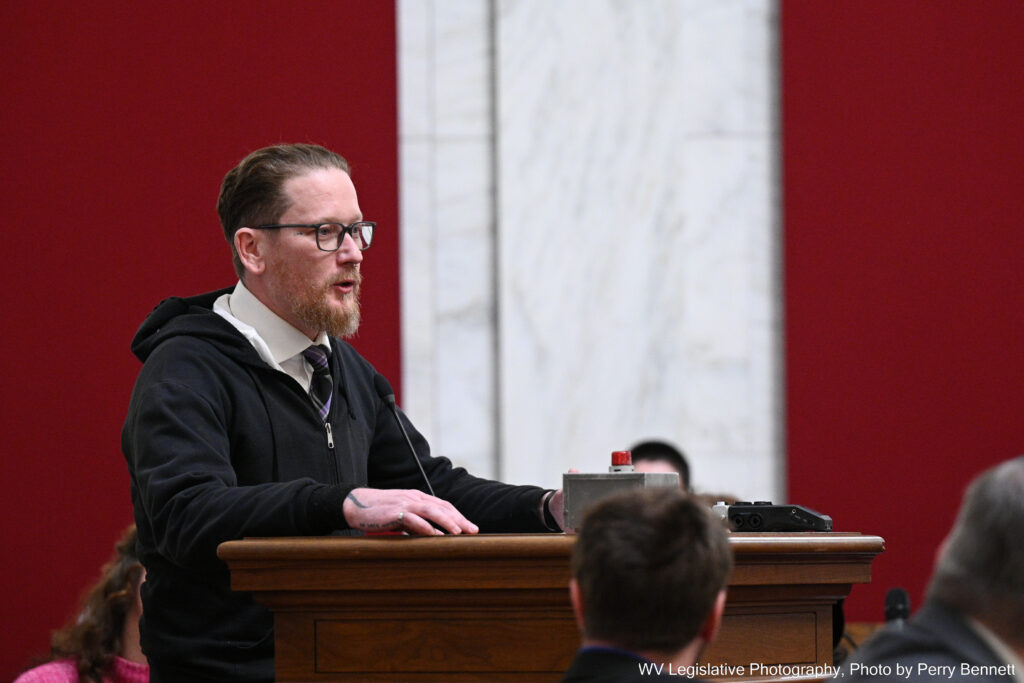RUSTY WILLIAMS
West Virginia legislators are poised to repeat the mistakes of Virginia and Texas in their attempts to limit access to pornographic websites.
As a parent myself, there are certainly online materials that I don’t want my child to view, but I don’t need a surveillance state rife with unintended consequences to accomplish this goal. Laws that seek to impose age verification systems on porn purveyors might sound reasonable at first, but the devil is in the details.
Under these laws, websites must verify a user’s age and identity via uploaded and stored images of a person’s government-issued ID. This presents numerous threats to users’ online privacy and safety.
Some of these laws even allow individuals to sue porn sites for “damages resulting from a minor’s access to such material.” In Texas, the law requires websites to publish statements about the government’s viewpoint on pornography, an unconstitutional f0rm of compelled speech.
No one wants to be seen as in favor of showing pornography to kids, and so these bills enjoy strong support among lawmakers despite being wrongheaded. West Virginia’s House Bill 4867 has a bipartisan list of sponsors and is sailing to passage with little debate and even less critical thought.
Virginia’s law, which was passed by a near-unanimous vote of the General Assembly last year, isn’t going as intended.
The Virginia Mercury reviewed the top 65 pornography websites in the state and found that only one was operating in accordance with the law by collecting user data. Unfortunately, that same porn website has made headlines in the past for hundreds of thousands of users’ data being hacked.
Ten websites were no longer accessible in Virginia following passage of the law, and 54 were simply ignoring the law, according to the Mercury.
Why? Many porn sites are headquartered in other countries, well outside the legal jurisdiction of Virginia. Some of these off-shore sites are also more likely to carry violent and otherwise illegal material. As more mainstream sites cease operations rather than comply with onerous regulations, that will only drive more traffic to the sites with violent content.
And for the more tech-savvy users, all of these attempts at censorship would fall short anyway. All one needs to get around these censors is a virtual public network, or VPN. This technology became fairly commonplace as more people began working from home during the height of the COVID-19 pandemic.
Is there harmful content on the internet for young viewers? Undoubtedly. But not every societal ill requires a solution from the government.
In this case, parents already have the tools they need to keep explicit and harmful content away from kids. Built-in parental controls allow us to set screen time limits, review app permissions (such as our kids’ camera, location and contacts), block apps and approve downloads, block sites and filter content.
If lawmakers can’t find a way to safeguard kids while also protecting the online privacy rights of consenting adults, they should instead take a step back and let parents do their jobs.
** West Virginia Watch is a nonprofit media source. Articles are shared under creative commons license. Please visit https://westvirginiawatch.com/ for more independent Mountain State news coverage.

